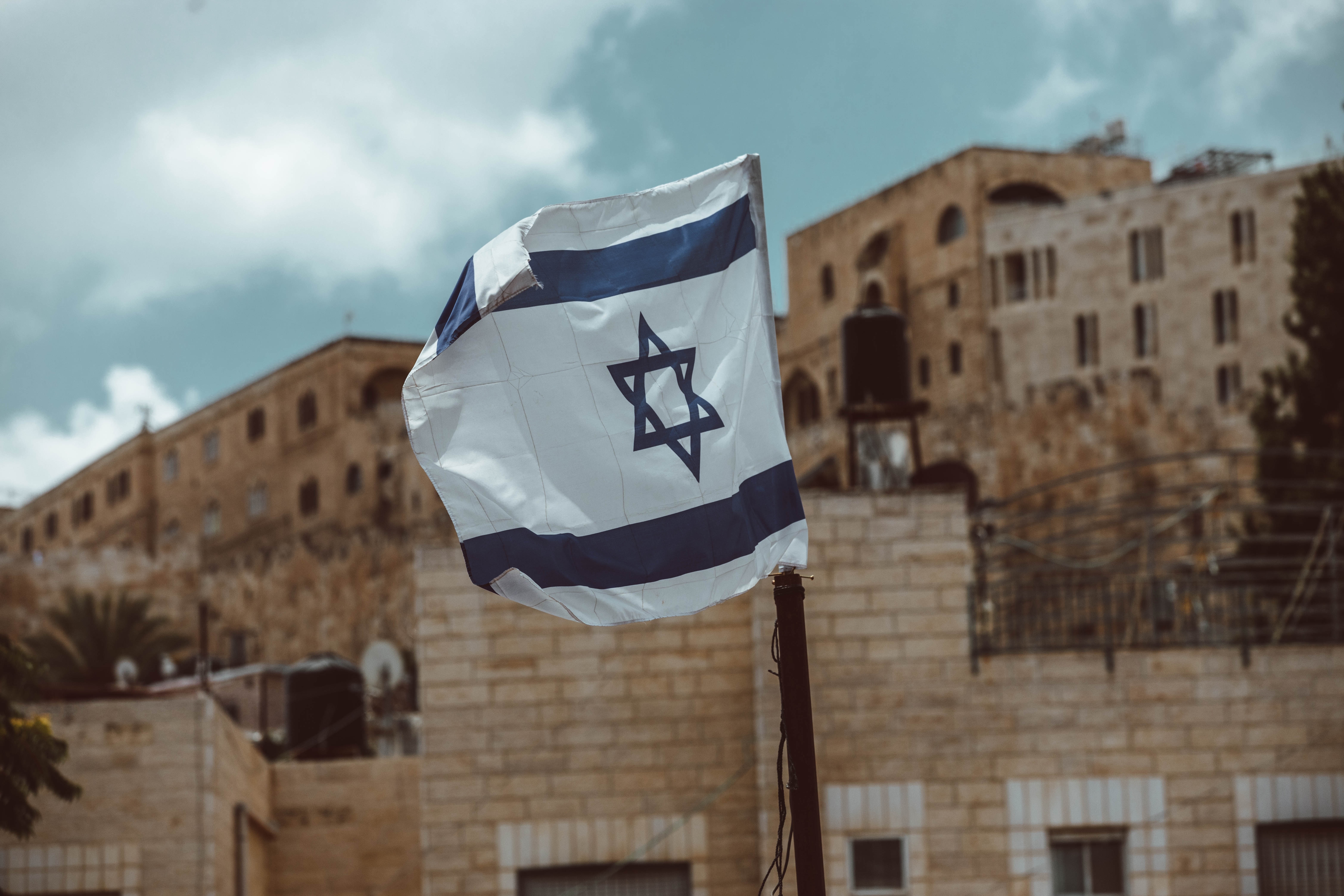
4 minute read
From the Rabbis' Desk
Light in the Darkness
As we write this, we are entering the fourth week of the war between Israel and Hamas. Twenty-two days ago, darkness overshadowed what should have been one of our most joyful days, as we spent Simchat Torah in shock and grief, learning of the massacre of our people, of the hundreds taken hostage. Ever since then, it feels as if the world is a little less bright.
Before October 7, I (Rabbi Zerin) had written a message about Chanukah and dedication, which I had intended to print here. A message about my dedication to you, my Beth El Family, and the dedication you show to me and to our entire community. It was a message of gratitude to you for welcoming me so warmly ever since I arrived in July of 2021 and for celebrating my arrival with a Shabbat of Welcome this December, even after two and a half years of being here. I still feel all of that gratitude, very deeply.
And yet, ever since October 7, what seems most important about these coming months is not dedication or celebration, but rather another theme of Chanukah. In fact, for the past three weeks, we have never felt the need for Chanukah more. Because two of the central messages of this holiday are light amidst darkness and the power of just one person to miraculously illuminate the dark. There is something quite incredible about how our eyes work. When we are first plunged into darkness, it can be hard to see anything. But as our eyes adjust to the darkness, even the faintest of lights can illuminate our entire field of vision, in a way they never would in broad daylight.
It is no mistake, then, that Chanukah always comes in the depths of winter, when the days are darkest. It is during those days that even one small flame can illuminate the night. How much more so when each and every one of us kindles our lights.
This is not only true in the literal sense. Proverbs 20:27 says:
The lamp of God is the soul of a person
This means that each and every one of us has the capacity to be a light in this world. Even – and perhaps especially – in the darkest of times, we have the capacity to be beacons of light. Even the smallest of acts can illuminate the dark.
Chanukah reminds us to be those lights. And it reminds us that the courage to be a light in the dark is itself a miracle. Our rabbis wonder why Chanukah is celebrated for eight days. Yes, the story goes, after the desecrated Temple was reclaimed, the oil that should have only lasted for one day lasted for eight. But surely that means that the miracle we celebrate was seven days long, the rabbis say. There is nothing miraculous about the oil that was sufficient for one day actually burning that first day!
Rabbi David Hartman, in his essay Trusting a New Beginning, offers a beautiful interpretation. He writes:
The miracle of the first day was expressed in the community's willingness to light a small cruse of oil without reasonable assurance that their efforts would be sufficient to complete the rededication of the Temple. Chanukah celebrates the miracle expressed by those who lit the lamp and not only the miracle of the lamp's continued burning for eight days.
In other words, Chanukah is a holiday that celebrates many miracles: it celebrates the miracle of a small amount of light piercing through the darkness; it celebrates the miracle of what seemed insufficient being enough; and it celebrates the miracle of people who are willing to create light, even in the smallest of ways, without any reason to believe that their light will make enough of a difference, but who hope beyond reason that it will.
May we all be able to perceive light in these dark times; may we all be the lights that are so desperately needed in this world; and may we act with the same kind of conviction and hope that our ancestors had, so that we, too, may experience miracles of light breaking through the darkness.
And may Israel soon know the light of hope, security, and healing in overcoming the current darkness.




